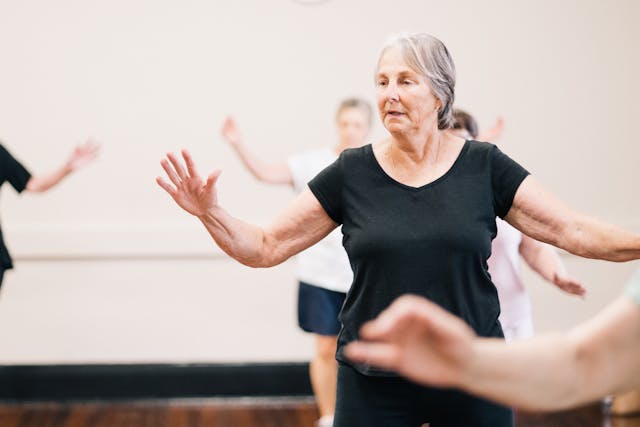As we age, inevitable changes occur that can lead to social isolation and its associated health risks. Retirement, the loss of a spouse, and children moving away can all contribute to feelings of loneliness and disconnection. However, research shows that social isolation is not only detrimental to emotional well-being but also poses serious health risks such as cognitive decline, chronic illness, depression, and early mortality.
Identifying the triggers of social isolation is crucial in addressing and combating this issue. Retirement can disrupt daily routines and interactions, while the loss of a loved one removes vital emotional support. Mobility issues, hearing loss, and chronic health conditions can also hinder social engagement. As these challenges compound, individuals may find it increasingly difficult to re-engage socially.
Maintaining social connections is essential for both cognitive and physical health. Regular social interaction stimulates brain activity, preserves memory, and language skills, and helps build resilience against cognitive decline. Physically and socially connected individuals tend to have lower blood pressure, reduced stress levels, stronger immune function, and better sleep patterns. Health organizations now recognize social isolation as a significant health risk, akin to smoking and obesity.
Reconnecting with others may seem daunting, but starting with small, manageable actions can make a significant difference. Weekly meetups with neighbors, scheduled family calls, and participation in community classes or group meetings can help rebuild social connections. Pursuing shared interests, engaging in intergenerational programs, and seeking support from support groups or counselors can also aid in overcoming emotional barriers to social engagement.
While in-person interaction is ideal, technology can serve as a valuable supplement for maintaining connections. Video calls, online groups, and virtual classes can help bridge the gap for those who are unable to engage in face-to-face interactions. Additionally, volunteering within the community can provide a sense of purpose and foster new social connections.
For individuals with cognitive changes, memory care facilities offer specialized programming to support social engagement. These facilities structure environments and activities to accommodate varying cognitive abilities and maintain social connections.
Establishing a sustainable social routine is key to preventing social isolation in the long term. Regular, planned social engagements, supported by tools like digital calendars and shared scheduling apps, can help maintain connections and prevent gaps in social interaction. Consistent social engagement gradually strengthens social confidence and makes interactions more comfortable over time.
In conclusion, rebuilding social connections after significant life changes is essential for overall well-being. Taking small steps towards reconnecting with others can have meaningful benefits for mental, emotional, and physical health. Social connection is a fundamental aspect of life, and no one thrives in isolation. By reaching out and nurturing relationships, we can create pathways back to the connection we all need for a fulfilling and healthy life.


